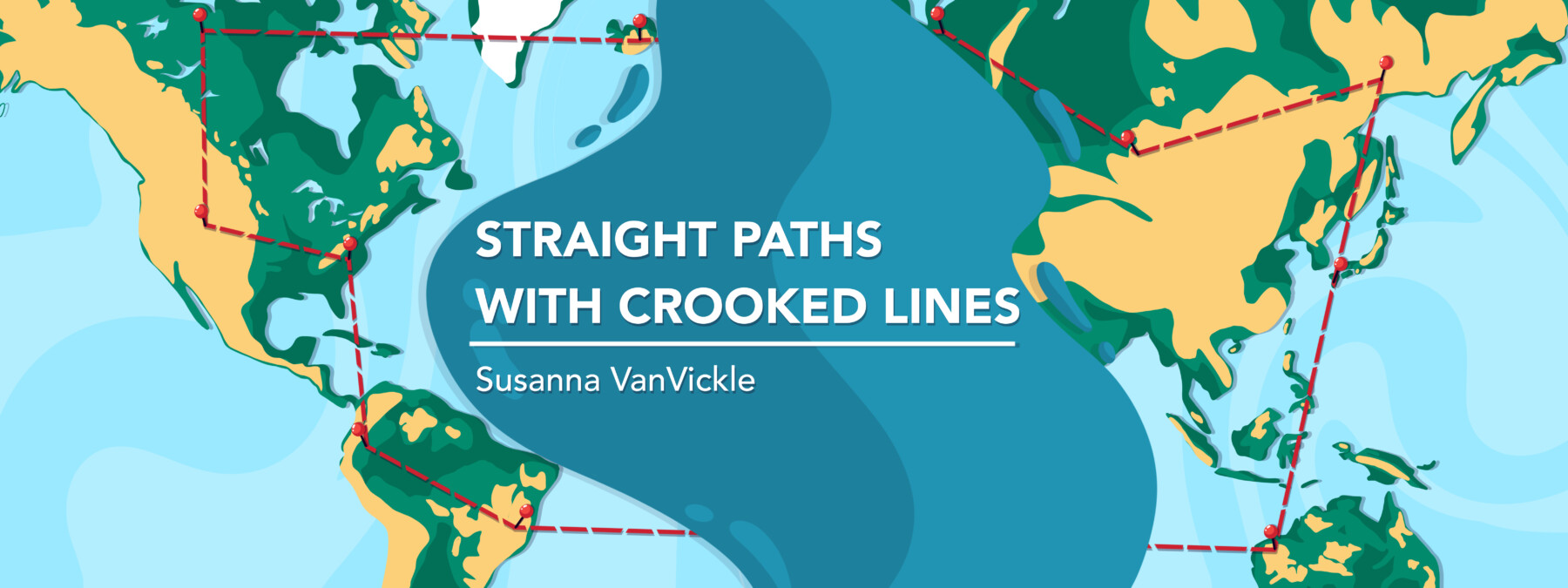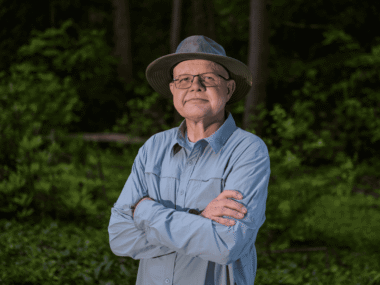How expressing gratitude causes our happiness to grow
While my family lives with Fabry disease, I remember to count our blessings
Written by |

I walk into the small Jazzercise studio, where I regularly enjoy breaking a sweat, moving to music, and sharing space with upbeat people. Fall decor is on the walls. A rustic sign reads, “It is not happy people who are thankful. It’s thankful people who are happy.” These words ring true to me. The more I focus on thankfulness, the happier I am.
In a summer column, I shared that growing up as a missionary kid shaped my worldview. My mom ingrained in us the importance of having an “attitude of gratitude,” and in fact, that and joy seemed to come naturally in my younger years. My siblings and I, after encountering widespread poverty and suffering around the world, didn’t dare take our health, prosperity, and security for granted.
Whether it’s the breath in our lungs, the glow of the sun, the changing of seasons, a smile from a stranger, a call from a friend, music that moves us, or beauty, freedom, family, and faith, the present moment is ripe with goodness. Yet often that goodness is marred by the annoyances or pains that vie for our attention.
Giving thanks despite Fabry
In my family’s Fabry disease story, for example, bona fide blessings abound. I have the same Fabry mutation as my children, but the disease hasn’t manifested in me while it has in three of them. We’ve found answers and treatment early in my kids’ lives, and they’ve been under the care of some of the world’s leading experts on Fabry disease. When we focus on these favors, happiness prevails.
There are moments, however, when sunshine is fleeting, it’s hard to focus on blessings, and living with Fabry is exasperating. Can happiness be found when storm clouds roll in?
When my kids’ gastrointestinal pain soars, I want to wring my hands because there’s nothing I can do to stop it. When my adventurous, enterprising sons pass up an opportunity because of how taxing the heat would be on their bodies, my heart breaks for them. When my daughter laments her experience with enzyme replacement therapy, I want to call it quits.
How can happiness and goodness coexist with suffering and lack? The answer in my life has been to give thanks. We can choose an attitude of gratitude. Happiness is not an action we can take, yet it can grow in us as the result of the action of giving thanks.
The “thankful people” sign on the studio wall is a welcome reminder to refocus my attention on my life’s gifts. Undoubtedly, the more I slow down to recognize and count my blessings, the more happiness permeates my day, my home, and my life.
Taking pen to paper, I’ve charted bounty and brokenness, both taken in through the lens of thankfulness. Decades of gratitude journals are scattered about my home, holding lengthy lists of these gifts I’ve recorded. Happiness is evoked when I make time to read or write down my blessings.
Today, as I take inventory of my home and family, my gratitude list expands, noting strong bodies and minds, an understanding of this rare disease, early Fabry diagnoses, amazing area doctors, treatment options, assistance funds, modern medical facilities, and the online community we’ve found through Fabry Disease News.
Note: Fabry Disease News is strictly a news and information website about the disease. It does not provide medical advice, diagnosis, or treatment. This content is not intended to be a substitute for professional medical advice, diagnosis, or treatment. Always seek the advice of your physician or other qualified health provider with any questions you may have regarding a medical condition. Never disregard professional medical advice or delay in seeking it because of something you have read on this website. The opinions expressed in this column are not those of Fabry Disease News or its parent company, Bionews, and are intended to spark discussion about issues pertaining to Fabry disease.







Leave a comment
Fill in the required fields to post. Your email address will not be published.